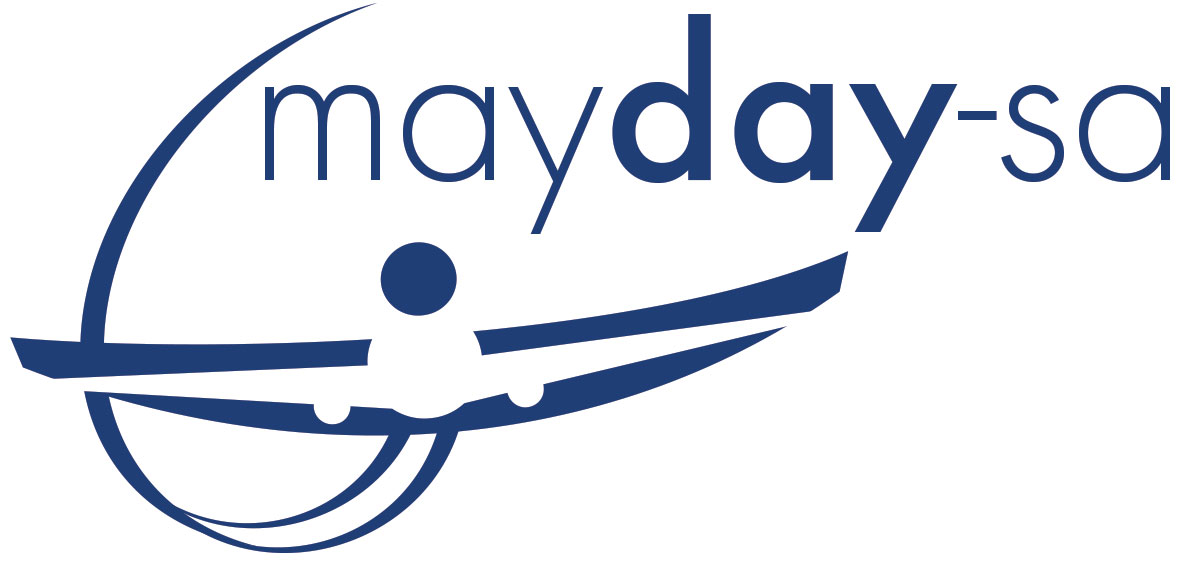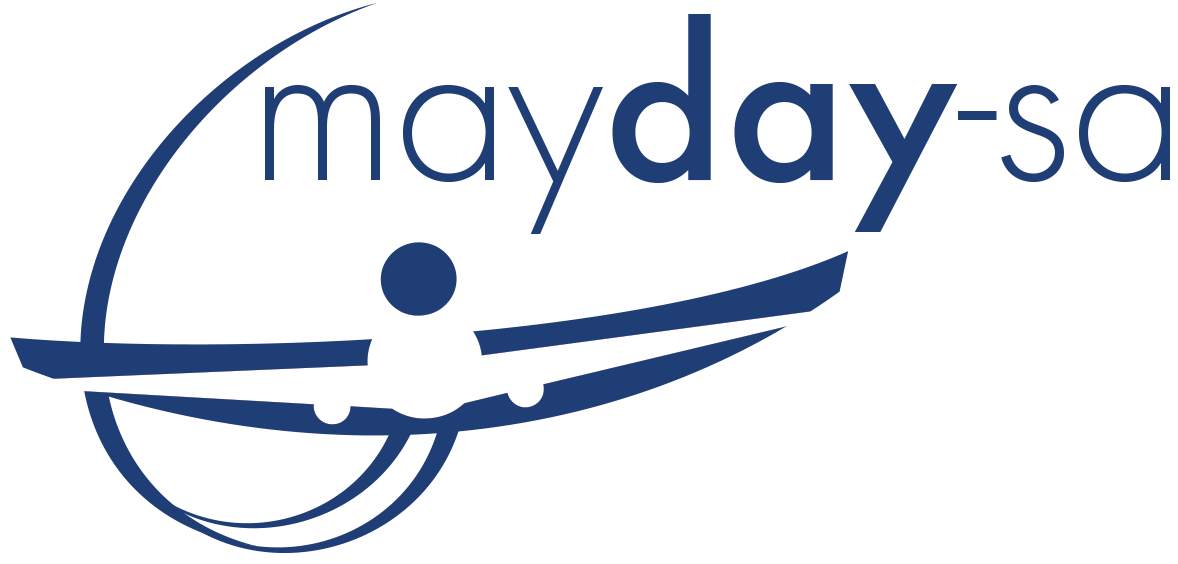- Feeling stressed?
- Feeling tired, fatigued and worn out?
- Putting off important tasks to the last moment?
- Hitting stumbling blocks/obstacles in training and not knowing how to overcome them?
These factors can cause immense stress as it takes a toll on your mind and body. When we feel stressed, it is easy to stop doing things that replenish our energy and keep us going through the difficult phases of life. Self-care is the active participation of enhancing your physical, mental, emotional, and spiritual health and performance.
Self-care is the active participation of enhancing your physical, mental, emotional, and spiritual health and quality of life. It can alleviate some of your stress. It is important to maintain both the physical and mental components of self-care in order to achieve an overall state of wellness. Physical and mental health can balance your mind and body, which are essential to achieving wellness for optimal functioning (Puddicombe, 2020).
Do not underestimate the elevated levels of stress that a training environment adds on top of your daily life stressors.
- Between 43 to 47% of medical students reported above average stress levels (ACHA, 2014).
- Persistent stress experienced by students in safety-critical industries can impair their performance and negatively affect their health and wellbeing (Drew et al., 2016).
Self-care education programmes facilitated by training staff uninvolved in providing practical training to students do improve student self-care that in turn improves self-awareness of stress, a reduction in operational error (Green 2019).
SELF-CARE BENEFITS
There are multiple benefits to self-care, for example, in aviation:
- Being at your best produces top-notch results on the flight deck and in the classroom
- Maximizing your potential to make sure you are at the top of your game
- Improving your quality of life which will make you a happier person
- Increasing your physical and mental resources to deal with stressors
Then of course there are also many reasons by which we convince ourselves why we do not need to invest time and energy into our own self-care, especially while we are busy with flight training. training. Of course, this notion also applies to career pilots preparing for simulator time or a type rating, just as much as it applies to those aviators climbing into a cockpit for the first time or pushing for a PPL or CPL. Let’s briefly debunk some of these excuses:
SELF-CARE MYTHS
Myth: I need to stay up late to study for an exam.
FACT: Good sleep helps with memory. Sleep helps you better store the information you’ve learned in your memory, so that you can better recall it during an exam.
Myth: I don’t have enough time to eat early in the day.
FACT: Food is fuel. Breakfast is probably the most important meal of the day. Food intake is part of a chemical process impacting energy and a host of other systems that directly relate to positive performance.
Myth: I need to be strong and do it by myself.
FACT: That makes no sense! When did it become a sign of strength to make things harder for ourselves by not utilizing the help and resources around us? Pilots operate in high performance environments and teamwork is essential to success.
WAYS TO ENGAGE IN SELF-CARE
There are multiple ways to engage in self-care. The following are a few suggestions (Wright State University, 2020; Ferguson, 2020):
Physical Self-Care
- Get enough sleep- Most people need 7-8 hours of sleep each night in order to feel refreshed and energetic in the morning. Sleep disturbances can affect your work performance. You can improve your sleep habits by having a regular sleep schedule. This includes weekends! A single day of deviance from the sleep schedule can confuse your body.
- Exercise – What people say about exercise and endorphins is true – getting active does increase feelings of happiness and wellbeing. Don’t worry, this doesn’t mean you need to hit the gym every day for 2 hours. Instead, find a form of physical activity that makes you feel good. Maybe that means going for a brisk walk or run with your friends, swimming down at the beach, enjoying a Saturday morning bike ride, or yoga.
- Pay attention to your nutrition – When was the last time you actually enjoyed a meal, with no distractions? No TV, no work, no multi-tasking, just enjoy a simple healthy meal? If you can’t remember, then this is a must for your self-care routine. Would you work on a computer whilst out for dinner with a friend? Show yourself the same respect and kindness and let yourself sit back and enjoy your meal, no distractions. Skipping meals can deprive your body from energy and dehydration can increase physical and mental stress, which can limit your performance.
- Engage in relaxing activities – Relaxation replenishes your mental resources and helps your body recover by decompressing the muscles. Relaxation activities may vary from a calm stroll through a park to taking a bath, to deep breathing exercises, to meditation and mindfulness. Find what works best for you. Be sure to make time for it in your schedule, even just for 10 minutes.
- Listening to music – Self-care doesn’t have to be extravagant, it should be about doing something that helps you relax or allows you to take a break from the madness that comes with every day routines. For many, listening to music does the trick. In saying that, having a self-care playlist handy is a good way to practice self-care and let yourself unwind when you’re feeling stressed or exhausted
Emotional Self-Care
- Smile – Research shows that smiling, even if you don’t feel like it, can change your mood. Your brain cannot tell the difference between a real smile and a fake smile. So, when you smile, even in the lack of a humorous stimulus, your facial muscles communicate positive feelings to your brain. So, say cheese and smile away!
- Help others – Helping someone else can make you feel good about yourself. It also increases hopefulness and optimism. Helping others promotes gratification and can shift your attention from negative thoughts and feelings towards fulfilment and optimism.
- Positive self-view – It is easy to doubt ourselves in difficult situations. Be mindful of negative self-talk or putting yourself down. Actively replace these negative thoughts with a positive view. Create a list of affirmations for yourself.
- Start a gratitude journal – Implementing gratitude into your daily routine can help you feel happier, more stable and more self-confident. Get yourself a gratitude journal and fill it out each night before you go to sleep. Get ready to experience better moods, more optimism and better sleep, simply by consciously giving thanks for the things that make your life better.
Social Self-Care
- Build a social support system – Living apart from families and friends can feel lonely at times. Take comfort in the fact that you’re not alone! Many other students around you feel the same way. Create and maintain contact with a small group of people you can call on for emotional support or for distraction. You don’t have to disclose your stressors if you don’t want to; social support itself can be helpful in alleviating feelings of isolation. Research shows that people with strong social support experience less stress and exhibit better overall health than those people who are socially isolated. Of course, MAYDAY-SA is also here to assist you when you need an ear to listen.
- Learn how to say no – Learn your own boundaries, setting limits, and explore your relational expectations. Awareness of your boundaries allows for what helps you in social interactions and restricts what can harm or deplete you. Each person needs a different amount of personal time to recover his or her energy. Time-management skills are critical for success and professional development in aviation.
- Curb the social media habit – not only is social media a time thief (time that could be better spent studying) it can be a deceptive. Not everything is as it seems on social media. Photos are touched up, happiness is overstated, and fake news is abundant. Ring-fence a small portion of time each day to catch up with genuine friends, and spend more time on something productive.
- Unplug – Now, it’s time to turn off your phone, computer, tablet and any other device you have to completely unwind and unplug. Allow yourself to be in the moment by being disconnected from the technological world. Take care of yourself by unplugging from the smart world, say goodbye to brain fatigue, eye strain, neck pain, disrupted sleep and loss of attention.
Whilst the tips listed above are beneficial, nothing can substitute mental or physical health counselling. If you think you require professional help, speak to an instructor/management within your school who can assist you in finding the help you need. Lastly please feel free to contact MAYDAY-SA at www.mayday-sa.org.za, maydaysouthafrica@gmail.com, or call 012-333-6000 and ask for Mayday.
References:
- https://www.researchgate.net/publication/336109321_Teaching_accelerated_nursing_students’_self-care_A_pilot_project Green c, 2019 DOI: 10.1002/nop2.384
LOOK OUT FOR PART TWO OF THIS ARTICLE, CALLED HABITS OF EFFECTIVE PILOTS, COMING ON THE 9th NOVEMBER


